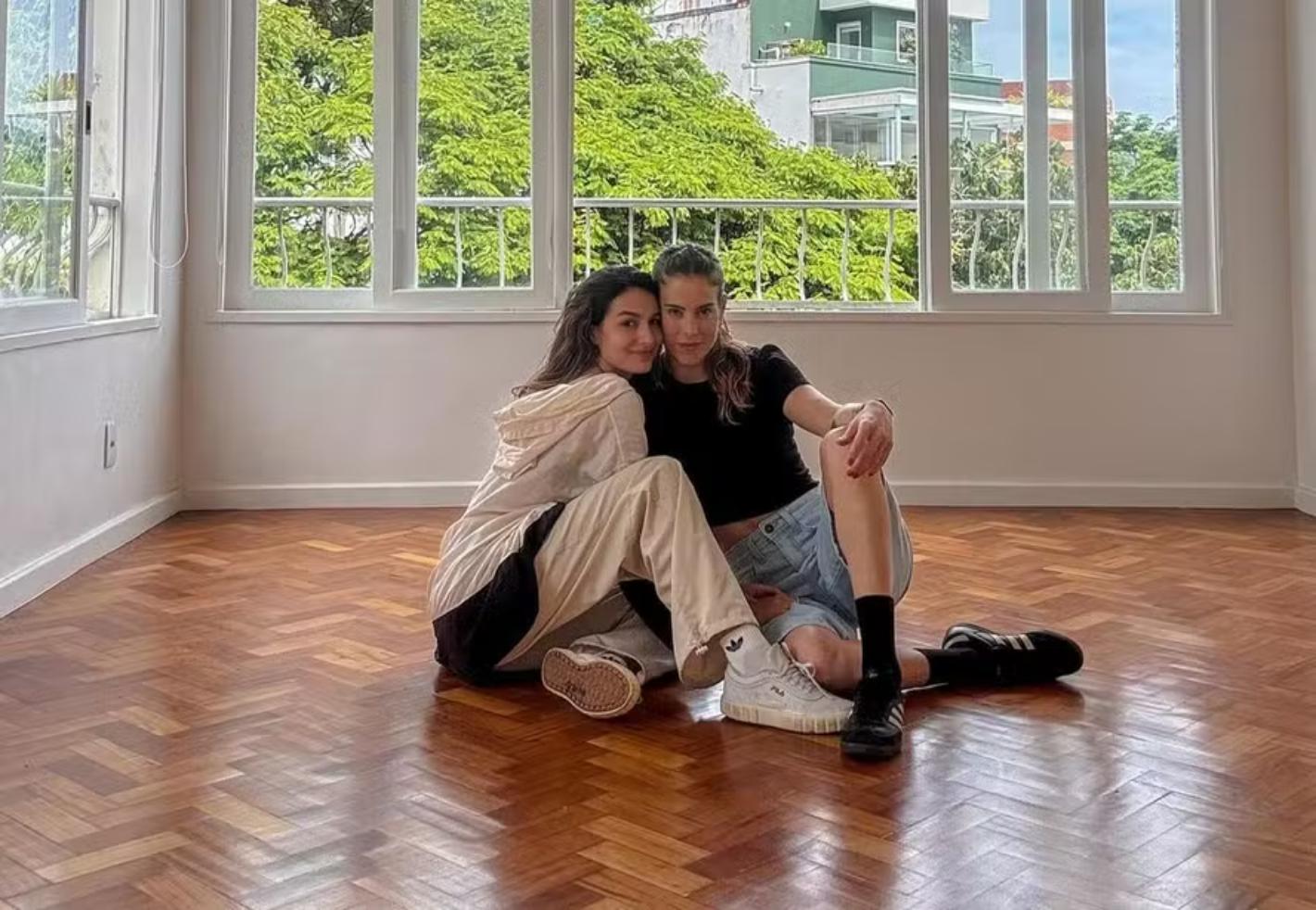Silvio Santos, one of Brazil’s most iconic TV personalities and entrepreneurs, passed away at the age of 93 this Saturday (August 17th). The news was confirmed by SBT, the TV network he founded, on social media. He had been hospitalized in a private hospital in São Paulo.
Early Life
Silvio Santos was born Senor Abravanel on December 12, 1930, in the Lapa neighborhood of Rio de Janeiro. He was the eldest of six siblings. Even as a child, he was passionate about cinema, frequently attending screenings with his brother at Cinelândia.
In the 1940s, Silvio began working as a street vendor in Rio. His entrepreneurial journey started during the 1946 elections, when he began selling protective covers for voter registration cards and pens.
Despite working on the streets, Silvio continued his studies and eventually graduated with a degree in accounting. However, his knack for communication was evident early on. To attract customers, he learned to perform tricks with coins and cards.
His foray into the world of communication happened thanks to a municipal inspector in Rio. While trying to prevent Silvio from selling on the streets, the inspector recognized his talent and suggested he try out for a radio job.
In 1946, Silvio passed his first audition as a radio announcer but decided to return to street vending because of the low pay. At 18, he served in the Army’s Paratrooper School and continued working in radio during his Sundays off. Eventually, he secured a job at a radio station in Niterói, which required him to commute by ferry.
It was during these ferry rides that Silvio had the idea to play music for the passengers. The business took off, and he shifted from being an announcer to selling advertising for the ferry’s sound system.
Television Career
In 1950, Silvio moved to São Paulo after a trip to the city. There, he reconnected with a former colleague from his Rio radio days and decided to try out for a job at a São Paulo radio station. He was hired.
By 1954, Silvio had signed with Rádio Nacional and launched a puzzle magazine to supplement his income. He also began performing in circuses as an entertainer, eventually catching the attention of Manoel de Nóbrega, who invited him to work on a popular radio show.
Manoel de Nóbrega was also the founder of Baú da Felicidade, a business Silvio helped grow into a major company. Eventually, Silvio took full ownership of Baú da Felicidade, which became one of his signature ventures.
Silvio’s television career began in 1961 with the show “Vamos Brincar de Forca” on TV Paulista. He purchased two hours of Sunday programming on the channel to sell Baú da Felicidade’s savings bonds. This show later evolved into the iconic “Programa Silvio Santos.”
By 1965, Silvio’s popularity was skyrocketing. He expanded to TV Tupi while maintaining his show on TV Paulista, which was bought by TV Globo in 1966. Silvio remained with Globo for several more years before obtaining a broadcasting license in Rio de Janeiro in 1975, which became the foundation for what would eventually be SBT.
In 1976, Silvio launched TVS and acquired a 50% stake in TV Record. Five years later, he secured the licenses for four additional stations, forming the Sistema Brasileiro de Televisão (SBT).
A Cultural Icon
Throughout the 1980s and 2000s, Silvio hosted numerous TV shows, including “Topa Tudo Por Dinheiro,” “Show de Calouros,” “A Porta da Esperança,” “Em Nome do Amor,” “Qual é a Música,” and “Show do Milhão.” His lively personality and ability to connect with audiences made him a household name across Brazil.
In 1989, Silvio Santos even launched a brief run for the Brazilian presidency, though his candidacy was ultimately disqualified.
Silvio gradually began stepping back from television in his later years. His daughter, Patrícia Abravanel, eventually took over hosting duties on “Programa Silvio Santos.”
The 2001 Kidnapping
In August 2001, Silvio’s daughter, Patrícia Abravanel, was kidnapped and held captive for seven days. She was released on August 28th, but just two days later, the kidnapper broke into Silvio’s home in São Paulo and held him hostage for seven hours.
The incident garnered extensive media coverage, and then-governor Geraldo Alckmin personally participated in the negotiations, which ended with the kidnapper’s arrest.
Reality TV and Beyond
Also in 2001, Silvio Santos entered the world of reality TV with “Casa dos Artistas,” a show that featured celebrities like Supla, Bárbara Paz, and Alexandre Frota living together under one roof.
After taking a break from his Sunday programming, Silvio returned to television in 2008 with the revamped “Programa Silvio Santos,” which featured a mix of classic segments and new formats.
In 2010, a massive financial fraud was uncovered at Banco Panamericano, one of Silvio Santos’ companies. Seven former executives were convicted of the fraud in 2018, and Silvio ultimately sold the bank to BTG Pactual in 2011.
Silvio celebrated his 90th birthday in December 2020 without public festivities, opting to stay isolated with his daughters due to the pandemic. He returned to TV in August 2021 after receiving two doses of the COVID-19 vaccine. However, just weeks later, he contracted the virus and was hospitalized. Despite recovering and returning to his show, his appearances became less frequent.
The last time Silvio appeared on TV, he entered the set to the sound of his iconic opening theme, “Silvio Santos vem aí,” cheerfully exclaiming, “Stop everything, I’m already here!”
Legacy
Silvio Santos is survived by his wife, Íris Abravanel, whom he married in 1978. Together, they had four daughters: Daniela, Patrícia, Rebeca, and Renata. He also had two daughters, Cíntia and Silvia, from his first marriage to Cidinha, who passed away in 1977.
Controversies
Over the years, Silvio Santos’ long-running TV program occasionally sparked controversy. In 2019, during a segment called “Questions for the Audience,” Silvio asked the crowd to name Adolf Hitler’s father. While waiting for answers, he repeated the Nazi salute, “Heil, Hitler,” which was widely condemned. The São Paulo Jewish Federation called it an “entirely inappropriate joke” about a subject that should never be trivialized.
Silvio also faced criticism for making sexist comments on his show. In 2022, a São Paulo court ordered him to pay $50,000 in damages to a young girl who had participated in a competition on his show. When she won, Silvio had asked her, “Which do you think is better: sex, power, or money?”







Leave a Reply Cancel reply